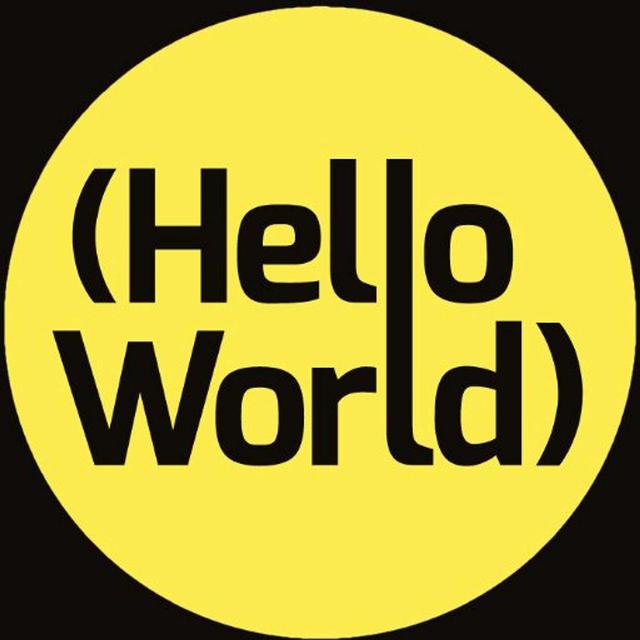¶ Introduction
Hello World and welcome to the podcast for educators passionate about computing and digital making. I'm Meg Wang, the editor of the Hello World magazine, and this is my first time on the podcast.
¶ Theme of the magazine: Digital literacy
I'm here to let you know that a new issue of the magazine has been published today, and that we've got 3 new podcast episodes on the way for you to continue the conversations started in the magazine.
¶ What's inside the latest issue?
The theme of this magazine issue and of the podcast mini series, is digital literacy. We agree it's important for young people to have the ability to use digital technologies effectively, safely, and responsibly, but the term 'digital literacy' isn't clearly defined. That's something we explore in the magazine alongside how to best teach those skills in the classroom. I'll share a bit more on what's in the magazine in a minute. But first, I want to tell you about some updates around the podcast.
¶ New podcast series
In a recent email newsletter, we asked for your thoughts on the pod, and you kindly sent us lots of helpful feedback. Based on that, we're going to be trialing new episode formats, welcoming additional hosts, bringing on more expert voices from around the world, and trying to establish a regular release schedule. We're going to be aiming to release a podcast series alongside each new magazine issue.
¶ Episode on teacher tips - how to increase digital literacy in the classroom
Next week, we'll be releasing our first Teacher Tips episode, a shorter podcast with 3 teachers sharing practical, actionable tips for improving digital literacy in the classroom. The week after, you'll be able to hear a brilliant conversation
¶ Episode on empowering girls in computing
between the Raspberry Pi Foundation's Chief Learning Officer, Rachel Arthur, and 2 special guests, Doctor Jessica Hamer from King's College London School of Education, from Tech She Can. They'll be discussing the current state of girls' engagement in computing, a wide-reaching and important conversation exploring how we can empower more girls in computing through school, university, and their careers. And the final episode in the mini
¶ Episode panel debate on digital natives
series will be a panel debate about digital natives, where we'll be asking are young people who grow up with technology around them truly tech savvy, or are they dependent on digital tools without understanding how they work?
James Robinson, senior learning manager here at the Raspberry Pi Foundation and regular host of the podcast, will lead this discussion as global educators debate the myth of the digital native, uncover how it could overlook complex issues of access, skills, and education, and consider what it really takes to be tech smart in the modern world.
If you'd prefer to listen to these upcoming episodes rather than watch them here on YouTube, you can subscribe to the Hello World podcast wherever you get your podcasts. Do let us know your thoughts on the podcasts. You can drop us an email on [email protected] and helloworld.cc is where to go to read the new issue of the Hello World magazine.
You can read the digital version there for free, and if you'd like a physical copy and are based in the UK, you can subscribe to have a print copy delivered directly to your door for free, too. As I said, the theme for this issue is digital literacy
¶ Magazine highlights from the editor
and some of the highlights of this issue for me are insights on digital literacy in India, the Netherlands, and the US, an article that asks the question, what if we reconsider digital literacy in the way we consider actual literacy, which I thought was quite thought-provoking, and beyond the theme of digital literacy, we have articles for educators about AI safety resources, how to connect students to industry, and practical tips for reigniting your passion for teaching.
Okay, that's enough for me. I hope you find the Hello World magazine and podcast uplifting and useful, and that our content really helps you engage and educate young people in computer science. Bye!
